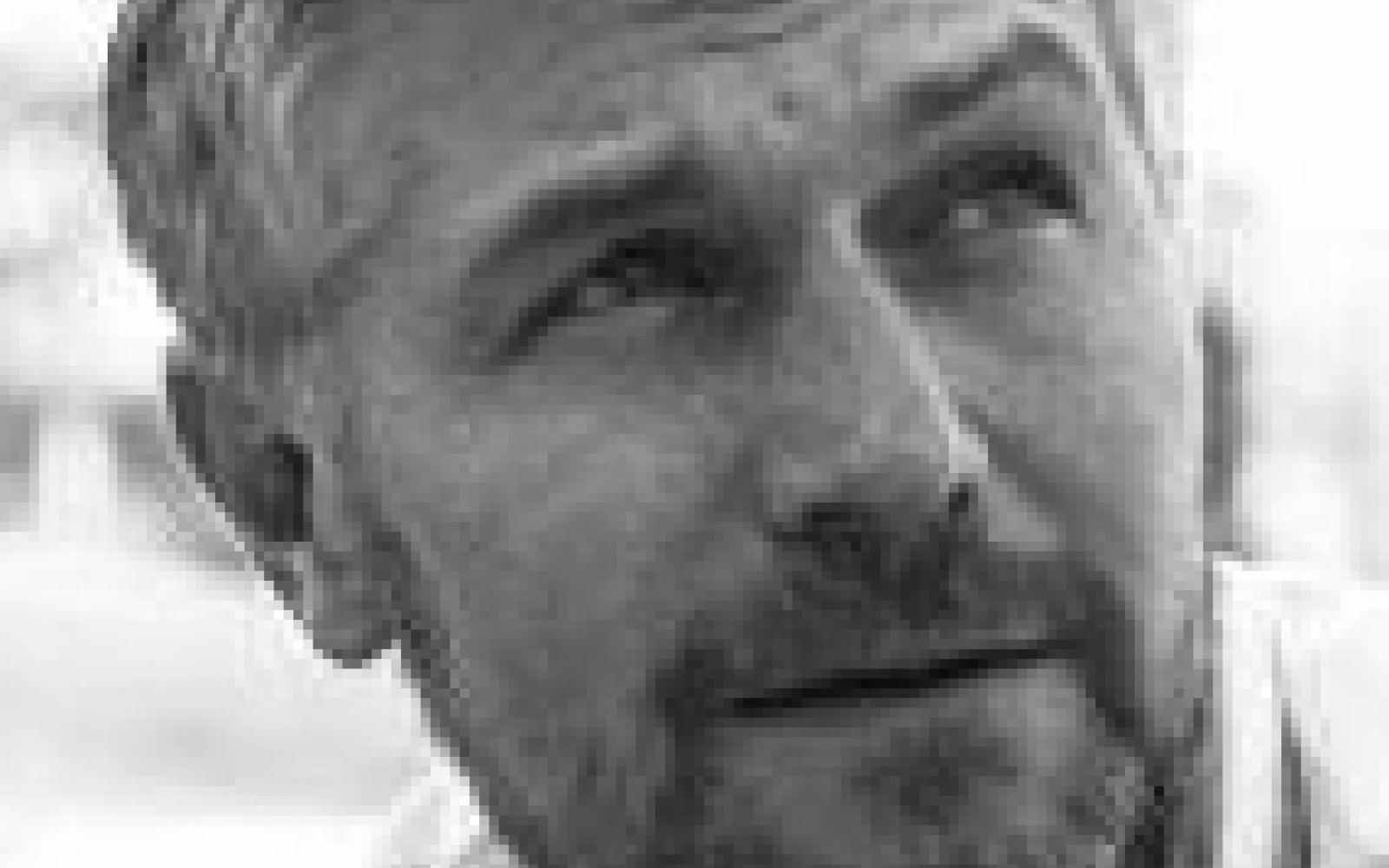My Peace Corps experience empowered me to become a social entrepreneur; my experience as an Ashoka Fellow has given me the network and tools to take it to the next level.
The two organizations, in partnership, create a strong foundation for changemaking. The Peace Corps is in effect a "university" and "internship", Ashoka is a social impact accelerator. Although the Peace Corps and Ashoka work with development professionals in very different life-cycle stages, both organizations are founded on the same principles and their missions are in many ways the same. As both a volunteer and as an Ashoka Fellow, support was offered in the form of a question: “How can we empower you to empower others?” I feel extremely fortunate to have been on the receiving end of this style of support; there are few organizations that focus so whole-heartedly on this question.
The impact of my combined participation in Peace Corps and Ashoka has been remarkably important to my life’s work; it’s as if it were elegantly designed to function this way. As a Peace Corps volunteer (PCV) I learned how to listen, empathize, and work effectively with individuals and communities to design and implement social innovations. As an Ashoka Fellow, the peer and network support has been indispensable in scaling the impact of the Community Enterprise Solutions’ MicroConsignment Model. But having “graduated” to Ashoka, I haven’t left the Peace Corps behind. Together, the two organizations form an ecosystem of changemakers, and we leverage this ecosystem for our MicroConsignment Model.
The key to effective development work is understanding local needs, and then designing solutions with local constituents. We can’t have staff everywhere, nor should we. Who better to work with as our change agents than Peace Corps volunteers?
PCVs help us to achieve our mission; in return, we provide them with a valuable project. And sometimes when they are done, they join our team: Our current Guatemala country director, Lydia Walker, is a returned PCV, and George Glickley, co-founder of Community Enterprise Solutions, is a returned PCV. PCVs help us to scale our impact on a community-by-community level, Ashoka Fellows are partners for starting in new countries. For example, we are looking to replicate our model in Peru. So why not leverage the infrastructure and knowledge-base that is already there?
We are working with Ashoka Fellow Albina Ruiz to integrate the MicroConsignment Model into her Ciudad Saludable intervention. Our models differ, but we come from the same principles, and have trust build on our shared experiences. We must work together if we are truly going to make a profound impact in this world. Peace Corps volunteers and Ashoka Fellows empower each other.
As Bill Drayton often says, what we need are “teams of teams,” exactly like the Peace Corps and Ashoka. Working together, we can create exponential impact; we’re greater than the sum of our parts.
BONUS: Read Greg Van Kirk's submission to the Ashoka 30th Birthday Card: Our Successes are Your Successes
